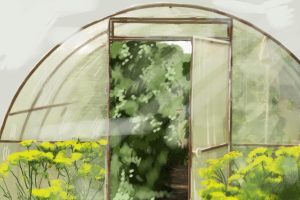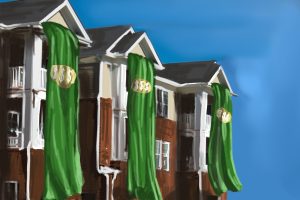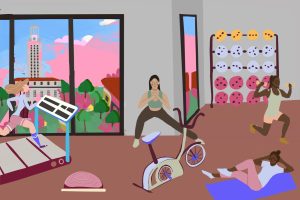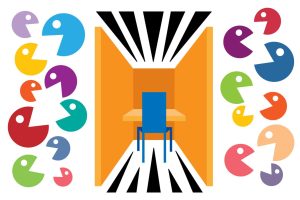The Life Science Library should be opened longer
November 17, 2022
On the Monday of midterm week, I told myself I would find a place on campus where I could unlock my full “academic-weapon” potential. I chose the famed Life Science Library, located by my last lecture class of the day. Once I got into the rhythm of studying, however, the clock hit 4:30 p.m., and an employee announced that the library would be closing in 30 minutes. I didn’t believe him until 5 p.m. rolled around and music blasted over the speakers until all visitors had filed out of the door.
The Life Science Library should extend its weekly hours to better accommodate students studying.
Studies show students are more productive at later start times as opposed to earlier times, with some students reaching a productivity peak between 5 p.m. and 9 p.m.. Closing the Life Science Library at 5 p.m. on weekdays and completely during weekends limits this ideal study period. Even though the Perry-Castañeda Library remains open 24/7, the ambience and centrality of the Life Science Library makes this library just as deserving of extra hours.
Carlota Fedorko, a Plan II and economics freshman, said she prefers studying at the Life Science Library over the PCL.
“I think it’s a very beautiful environment, so it makes me feel better. I feel like I can’t completely fall apart. It makes a big difference studying,” Fedorko said. “The (PCL) makes me feel like a robot and is slowly making me go insane.”
The Life Science Library’s central location in the Main Building makes it an ideal on-campus study spot. Students have meal options steps away at the Union and a short walk to the residence halls north of the Tower.
“When I find myself at the PCL late at night, I either take an Uber home or have someone pick me up,” said Fedorko, who lives about a mile away from the library. “Safety-wise, I would feel much better at the Life Science Library.”
Chris Carter, director of organizational effectiveness for UT Libraries, described the challenges of extending the hours of the Life Science Library.
“We intended to start the year back in August with extended hours for the Life Science Library. … Over the summer, it became apparent that all of our options for trying to staff it weren’t going to happen.” Carter said. “It’s a balance that we have to have between the overall security of the building and the access for both (students and parents), … so it’s an extra layer of complication that we don’t have in other buildings.”
Carter said expanding the Life Science Library’s hours is still a constant goal, but UT should reassess what it could gain from keeping those spaces open longer. Even though there are obstacles to keeping the Life Science Library open, the University can help facilitate academic success by giving students more areas to study.
Opening the Life Science Library’s doors to nighttime and weekend hours would add more study spots on campus and provide a better working environment for students. As a signature spot of campus, its space should be more accessible, and UT should concentrate efforts to extend its hours.
Monday is a Plan II and Health and Society freshman from Houston, Texas.
















